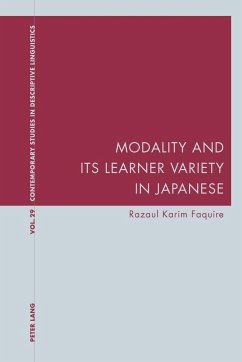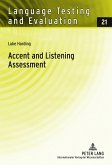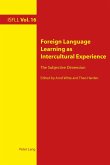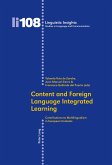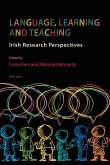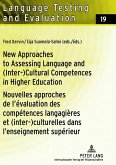In this book modality and its learner variety in Japanese are investigated from the perspective of grammaticalization in the functional framework. It describes the grammatical system of modality in Japanese in terms of the form-function relationship within the scope of a framework based on the European school of modality. Accordingly, it deals with the modal system and its constituents in Japanese, accommodating all the grammatical means of modariti (modality) in the Nihongo bunpou (Japanese grammar system). This study also casts light on the learner variety of modality, which is comprised of two core systems, epistemic and deontic, both of which are evident at the utterance level and the morphosyntactic level. The learner variety of modality elucidated here is presented as a proto-modality, which is viewed as a system in its own right rather than as an improvised or distorted version of the native modal system in Japanese.

